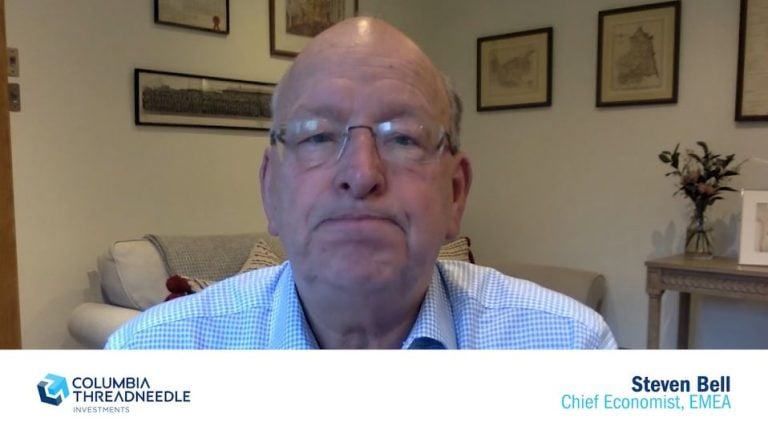Is US inflation set to tumble and will this allow the Federal Reserve to stop hiking interest rates? And what’s in store in the UK Autumn statement on Thursday?
Let’s begin with the US. Every now and then an economic statistic marks a big change in the outlook. Last week’s US consumer price index was just that. Both headline and core measures fell and came in 0.2 percentage points below expectations. But the really good news came in the details. First, rents slowed. These had been accelerating and many analysts (myself included) expected this to continue. The way rents are measured means that movements tend to be persistent so the latest numbers raise hopes that further deceleration lies ahead.
The next bit of good news was medical costs, with the same hopes of more to come. Combine this with clear signs that the pressures created by bottlenecks, which have raised the prices of everything from autos to washing machines, are easing rapidly and there are good reasons to expect inflation to fall further.
The markets were immensely cheered by this news. Equities and bonds rallied hard and the dollar fell.
So can we realistically expect the Federal Reserve to call an early halt to rate hiking plans? There is no doubt that this is good news. I think we will see further big falls in US inflation. But I don’t think we are yet on a trajectory for a sustained move back to the Fed’s 2% target with unemployment so low. Yes, rental inflation should slow – it has been running at 9% on a 3-month annualised basis. Yes, wage inflation should subside as the economy slows. But neither wages nor rents are likely to slow fast enough to reassure the Fed. And let’s not forget that having been far too slow to begin raising interest rates the Fed have made it clear that they will not ease back until they are really confident that inflation is back on track.
Having said that, the outlook has definitely improved. We also have good news from China (covid easing and support for the property market), from Ukraine (advances there raise hopes of a negotiated end to the conflict) and Europe (warm weather is cutting gas prices and the European Commission is easing fiscal rules). So we may well see further strength in risk assets. But I still think there needs to be a rise in US unemployment and a squeeze on corporate profits to get inflation sustainably lower in the US.
Which brings us to the UK and the Autumn statement where talk of a big black hole in our fiscal finances is expected to be filled by higher taxes and cuts in public spending. There will be higher taxes with income tax thresholds frozen at lower rates and reduced for the highest rates. The Office for Budget Responsibility will join the Bank of England in forecasting recession. It does look gloomy. Leaks in the press mean that we are prepared for bad news and it may be less bad than feared. But the outlook for the UK does not look healthy.
So it’s bad news domestically but good news from the rest of the world.



